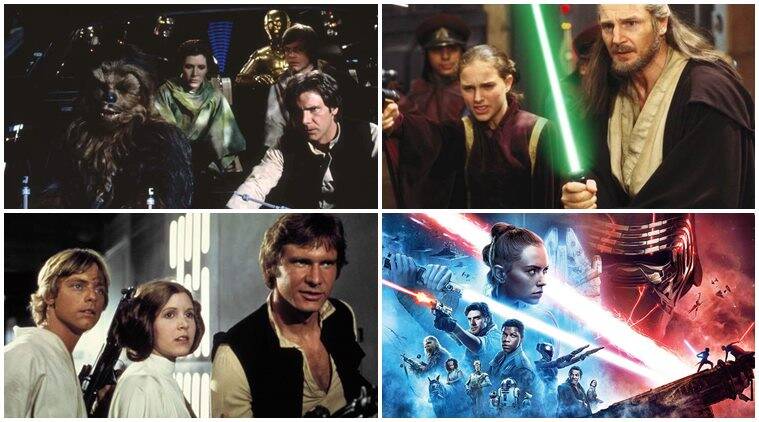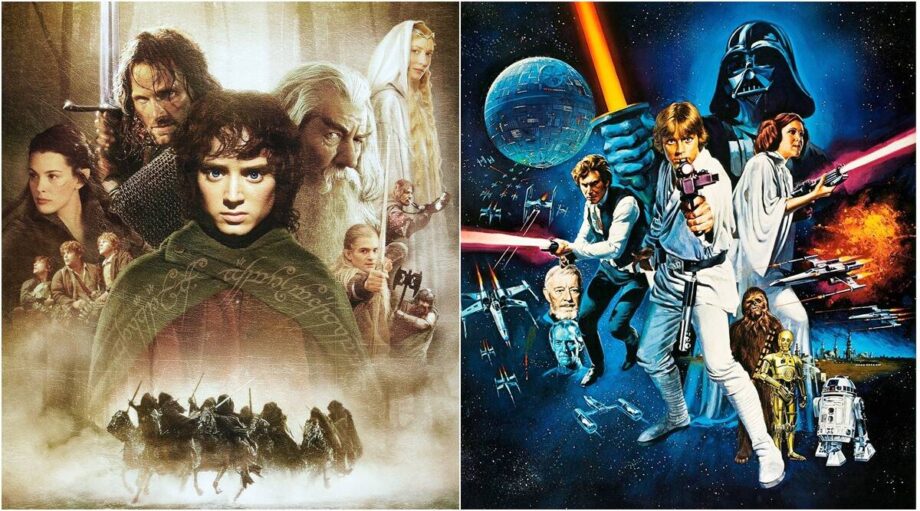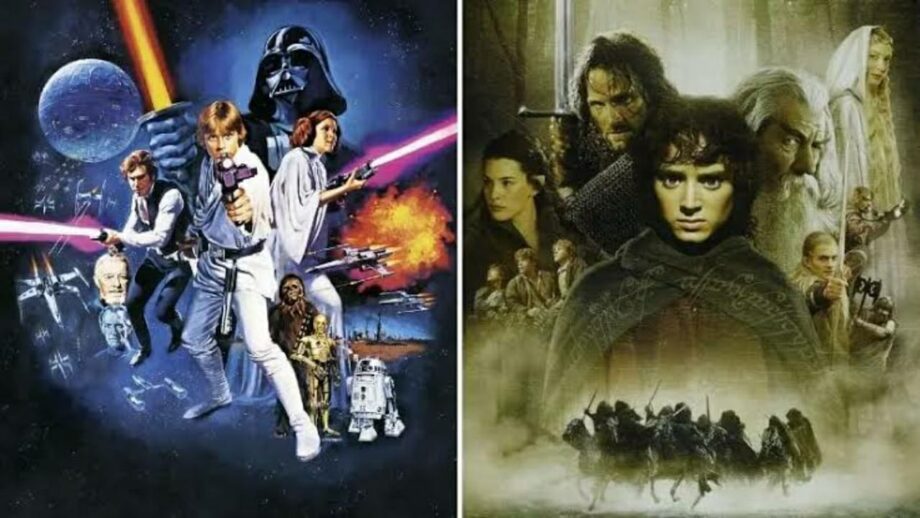The Lord of the Rings film trilogy serves the same purpose for millennial women that Star Wars did for those who grew up in the late 1970s and early 1980s: For women in their late twenties and thirties, it’s become a cherished element of the comfort-watch genre.
Rewatching the films seemed like a ritual that only my sister and I observed in the years after they were released. (My parents saw them in cinemas with us and then never saw them again.) I encountered the rare “Lord of the Rings” female throughout college — a few pals in graduate school and random strangers on drunken nights out. There were also the memes and the accounts that accompanied them.
However, a few years ago, I started noticing stories in journals like The Cut and others. The narrator asks, “Well what about your Boromir Lady?” “I’m always on the lookout for Sauron.” “‘The Fellowship of the Ring,’ The Lord of the Rings: My Lord of the Rings,’ Is the Best Christmas Movie.”
Gabriella Paiella, 32, a cultural journalist for GQ and a former staff writer at The Cut, stated, “We all liked ‘Lord of the Rings.'” “That bolstered my concept there was a distinctly feminine fascination in these films that I hadn’t explored before since the ‘Lord of the Rings universe is sort of conceived of as a nerdy masculine preoccupation,” says the author.
While jokes and memes were still a great way for fans to connect, Paiella and other women who grew up during the Lord of the Rings era say their love for the films is far deeper and more personal. “Don’t you know your Sam?” “I remember your face,” and “I would have followed you, my brother, my commander, my king,” are just a few of the film’s most devastating, Howard Shore-backed moments.
“The overall concept of this tale is that achievement or victory is still possible if you love and respect each other,” Han explained. “It’s theoretically a dark fantasy quest, but I don’t think it has the same level of manhood and power many of these narratives.




